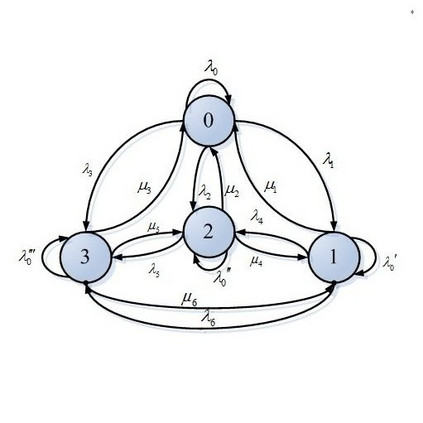We study the Bayesian inverse problem for inferring the log-normal slowness function of the eikonal equation given noisy observation data on its solution at a set of spatial points. We study approximation of the posterior probability measure by solving the truncated eikonal equation, which contains only a finite number of terms in the Karhunen-Loeve expansion of the slowness function, by the Fast Marching Method. The error of this approximation in the Hellinger metric is deduced in terms of the truncation level of the slowness and the grid size in the Fast Marching Method resolution. It is well known that the plain Markov Chain Monte Carlo procedure for sampling the posterior probability is highly expensive. We develop and justify the convergence of a Multilevel Markov Chain Monte Carlo method. Using the heap sort procedure in solving the forward eikonal equation by the Fast Marching Method, our Multilevel Markov Chain Monte Carlo method achieves a prescribed level of accuracy for approximating the posterior expectation of quantities of interest, requiring only an essentially optimal level of complexity. Numerical examples confirm the theoretical results.
翻译:我们研究贝叶斯的反问题, 以在一组空间点对电离方程式的解析方法进行噪音观测数据, 来推断电离方程式的逻辑异常慢化功能。 我们通过解答短线电离方程式来研究后继概率测量的近似值, 该方程式中只有卡胡宁-利奥的慢化功能扩展的有限数量, 即快速进取法。 希灵格指标中的这种近似值的错误, 是从快速进取法解法中慢化和网格大小的截断率水平来推导的。 众所周知, 用于取样远端概率的马可夫链- 蒙特卡洛平原程序非常昂贵。 我们开发了多层马可夫链- 蒙特卡洛方法, 并论证了多层马尔科夫链- 的汇合法。 我们的多层马可夫链- 蒙特卡洛 方法在用快速进法解决远端电子方程式解决远端电子方程式时, 达到了一个规定的准确度, 接近后端预期的利息数量, 只需要一个基本最优化的复杂程度。 数字实例证实了理论结果 。



